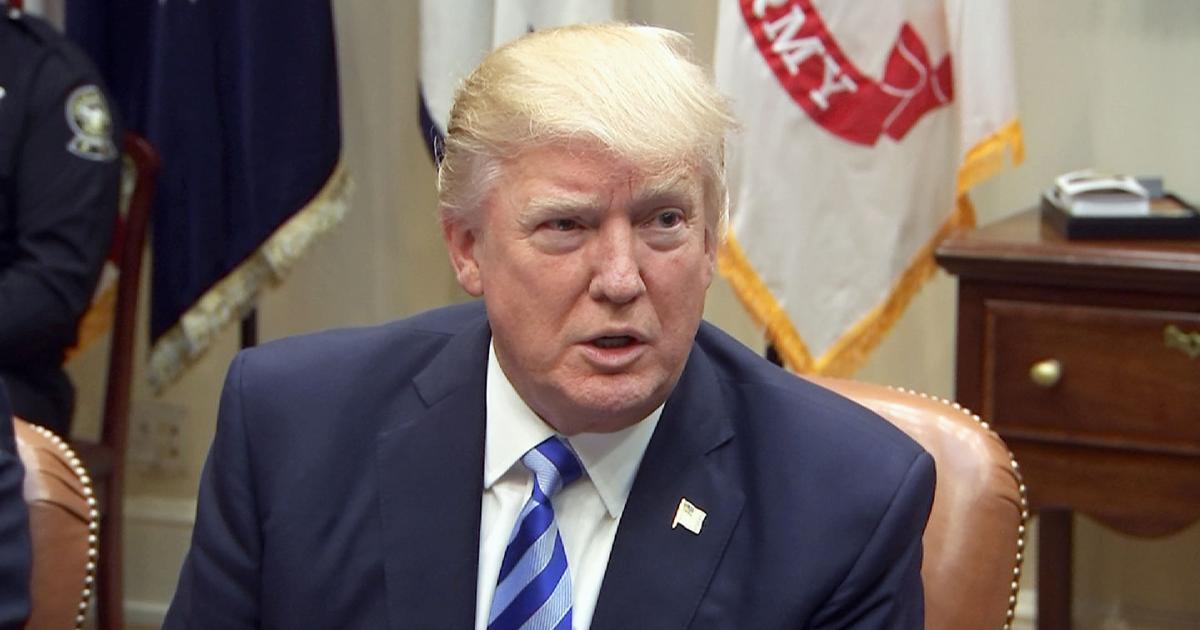April 24, 2019
Base Instincts: Trump's Lawyers Play to the Crowd, Not the Court
Regent Professor, University of Maryland Carey School of Law

Donald Trump appeals to the base even when arguing before a court. Filed in federal court on April 22, the president’s complaint attempting to prevent the House from subpoenaing his tax and business records reads more like a “Best Tweets of 2019” than a legal document one would hope a second year law student could produce.
Detailing the basic problems with Trump’s cause of action seems as beside the point as pointing out each of Trump’s daily fabrications. No one, not even the base, expects Trump to speak the truth or, in this case, make a conventional legal argument. The greater concern is how this complaint is inconsistent with Trump administration arguments in both the travel ban and census cases, and why Trump openly lies or, in this case, appeals to the base even when ostensibly producing a legal document.
The legal/constitutional problem with Trump’s effort to prevent Congress from obtaining his tax returns and business records is simple. Congress is constitutionally empowered under Article I of the U.S. Constitution to subpoena any document that, as the complaint acknowledges, “serves a legitimate legislative purpose.” Chairman Elijah Cummings of the House Committee on Oversight and Reform plainly met this standard when, in his “Notice of Intent to Issue Subpoena,” he pointed out that his committee has “full authority to investigate whether the President may have engaged in illegal conduct before and during his tenure in office, to determine whether he has undisclosed conflicts of interest that may impair his ability to make impartial policy decisions, to assess whether he is complying with the Emoluments Clauses of the Constitution, and to review whether he has accurately reported his finances to the Office of Government Ethics and other federal entities.”
The Mueller report settled any doubts about congressional capacity to subpoena Trump’s taxes and business records. Mueller pointed out that Congress under Article I has the “power to enact laws that protect congressional proceedings, federal investigations, the courts, and grand juries against corrupt efforts to undermine their functions.” An investigation into Trump’s finances would clearly be germane to determine whether present obstruction of justice and corrupt practices laws are adequate and what reforms might be necessary to ensure an honest legal enforcement in the future.
The Trump complaint neither mentions the Cummings “Notice of Intent” nor the Mueller Report when trying to explain why the subpoena is an unconstitutional fishing expedition that “serves no legitimate legislative purpose.” Instead, the complaint begins with such excerpts from Trump’s Twitter account as “The Democratic Party . . . has declared all-out political war against President Donald J. Trump” and “Instead of working with the President to pass bipartisan legislation that would actually benefit Americans, House Democrats are singularly obsessed with finding something they can use to damage the President politically.”
The complaint then relies almost exclusively on broad statements Democrats made when celebrating their victory in the 2018 election to demonstrate Congress has no legitimate reason to gain access to Trump’s tax and business records. Trump’s lawyers quote Nancy Pelosi, who on election night 2018 declared, the “subpoena power” is “a great arrow to have in your quiver” and a Democratic congressional aide who stated, “Congress is going to force transparency on this president.” Horrors! This is the equivalent of a defense lawyer quoting a prosecutorial comment at a press conference that “we are going to convict Smith” as proof that the prosecution has no evidence, rather than discussing the evidence the prosecutor laid out in the opening argument.
Trump’s claim that courts should rely on Democratic campaign statements rather than official documents is particularly ironic given the administration’s demand that courts not take campaign statements into account when determining the legality of Trump administration measures. Trump’s lawyers insisted and Chief Justice John Roberts in Trump v. Hawaii (2018) agreed that “the courts will not look behind the exercise of [presidential] discretion or test it by balancing its justification” when the president gives “a facially legitimate” reason for an immigration policy the president when campaigning for office and in office repeatedly described as a “Muslim ban.”
Whether the Supreme Court allows the Trump administration to include a citizenship question on the census will likely depend on whether the justices accept the “facially legitimate” justification the Trump administration offers in court or the illegal reasons Trump administration officials give to their political base. Democrats at press conferences merely declare they plan to subpoena the president without explaining the reasons. When they give reasons, those reasons focus on impeachment and conflict of interest, matters approximate for legislative investigation. Trump when campaigning consistently gives unconstitutional justifications that require his lawyers to put lipstick on his pigs when arguing in court.
The other sections of the complaint focus on what Republicans have said about the subpoena. The complaint does not discuss the justification Cummings gave in the “Notice of Intent.” Rather, Trump’s lawyers quote Republican members of the House Oversight Committee at great length for the motives of the subpoena. On this logic, the main purpose of the post-Civil War Amendments was to mongrelize the United States because that is how Democrats described the constitutional ban on equal protection and laws denying equal protection.
Trump’s personal lawyers engage in typical Trumpian political projection when in a campaign brief masquerading as a legal document they repeatedly accuse Democrats of attempting “to score political points . . . leading up to the 2020 election.” Investigating whether a president is handicapped by numerous conflicts of interest and his motives to obstruct justice is a core function of a legislative oversight committee. President’s Trump complaint, which ignores the actual justification for the subpoena, is better designed for Fox News than the courtroom or, worse, for Trump judicial appointees who may be more concerned with Fox News reports than the texts of official documents.




